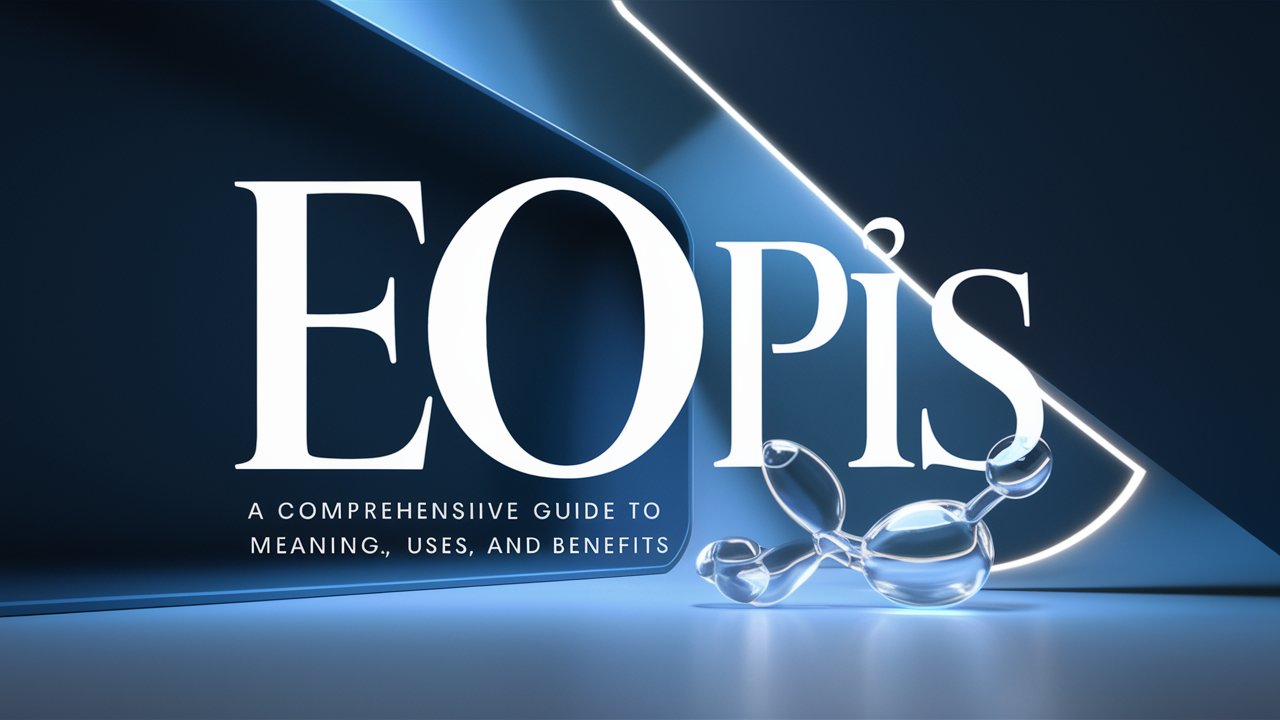If you have ever come across the phrase “prasanja za bugarski pasos”, you may be curious about its meaning. The phrase, written in Macedonian or Serbian, translates to “questions about the Bulgarian passport” in English. It is a common search term used by people from the Balkans who are interested in obtaining Bulgarian citizenship or a Bulgarian passport, often due to its connection to the European Union (EU) and the many benefits it offers.
In this complete guide, we’ll explain everything about the Bulgarian passport application process — from eligibility and required documents to interview questions and the advantages of holding one.
🇧🇬 What Is the Bulgarian Passport?
The Bulgarian passport is one of the most powerful travel documents in the world. As of 2025, it grants visa-free or visa-on-arrival access to more than 170 countries, including all EU member states, the Schengen Zone, the United Kingdom, and many others.
It also automatically grants you EU citizenship, meaning you can live, work, and study freely anywhere in the European Union — in countries like Germany, France, Spain, and the Netherlands.
🧾 Who Can Apply for a Bulgarian Passport?
There are several ways to become eligible for a Bulgarian passport:
-
By Birth
If you were born to at least one Bulgarian parent, you are automatically considered a Bulgarian citizen. -
By Bulgarian Origin (Descent)
Many applicants from North Macedonia, Serbia, Albania, and Moldova apply through this method. If you can prove that your parents, grandparents, or great-grandparents were of Bulgarian origin, you can claim citizenship. -
By Naturalization
Foreign residents who have legally lived in Bulgaria for at least five years can apply for citizenship through naturalization. -
By Marriage
Foreign nationals married to Bulgarian citizens may qualify for citizenship after three years of marriage and permanent residence in Bulgaria.
📋 Required Documents
When applying for Bulgarian citizenship or a passport, you must prepare several important documents. The main requirements include:
-
Birth certificate (original and translated into Bulgarian)
-
Passport or national ID from your current country
-
Proof of Bulgarian origin (archival records, old citizenship certificates, church documents, etc.)
-
Criminal record certificate (both from your country and from Bulgaria)
-
Application form for Bulgarian citizenship
-
Passport-sized photos
-
Marriage certificate (if applying by marriage)
-
Proof of residence (if applicable)
All documents must be officially translated into Bulgarian and notarized.
🗣️ Common Interview Questions – “Prasanja za Bugarski Pasos”
Applicants who apply through Bulgarian origin or naturalization often attend an interview at the Ministry of Justice in Sofia or a Bulgarian embassy/consulate abroad. During this interview, they are asked basic questions to confirm their identity, ancestry, and motivation for applying.
Here are some of the most common “prasanja za bugarski pasos” (questions about the Bulgarian passport):
-
What is your full name and date of birth?
-
Where were your parents and grandparents born?
-
What documents do you have that prove your Bulgarian origin?
-
Can you speak or understand Bulgarian?
-
Have you ever visited Bulgaria?
-
What do you know about Bulgarian history or culture?
-
Why do you want to become a Bulgarian citizen?
-
Do you plan to live in Bulgaria in the future?
-
Are you aware of your responsibilities as a Bulgarian citizen?
-
Do you hold any other citizenships?
While the interview is usually simple, the applicant should show basic knowledge of Bulgarian culture and demonstrate a genuine connection to Bulgaria.
🌍 Benefits of a Bulgarian Passport
Obtaining a Bulgarian passport offers a wide range of benefits, both practical and professional:
-
EU Citizenship Rights – Live, work, and study anywhere in the European Union.
-
Visa-Free Travel – Access to 170+ countries without the need for a visa.
-
Dual Citizenship – Bulgaria allows you to keep your existing nationality.
-
Education Opportunities – EU university tuition fees are often reduced or free for Bulgarian citizens.
-
Healthcare Access – Enjoy full access to the European healthcare system.
-
Business and Property – Easier access to investment opportunities and property ownership in the EU.
⏳ Processing Time
The processing time for a Bulgarian passport application depends on the method of application. Generally:
-
By Bulgarian origin: 1.5 to 3 years
-
By naturalization: 5 to 7 years
-
By marriage: 3 to 5 years
The time varies due to document verification and background checks, especially for applications made outside Bulgaria.
⚖️ Legal and Ethical Considerations
Applicants must ensure that all information provided is authentic and verifiable. Using fake documents or false claims of Bulgarian origin is strictly prohibited and may lead to permanent bans or criminal prosecution. Always rely on legitimate sources and certified translators.
💡 Tips for Success
-
Gather all your family records before applying.
-
Translate and notarize all documents properly.
-
Learn basic Bulgarian phrases — it shows respect for the culture.
-
Be honest during your interview.
-
Check your application status regularly with the Ministry of Justice.
🏁 Conclusion
The phrase “prasanja za bugarski pasos” reflects a growing interest in obtaining Bulgarian citizenship, especially among those with ancestral ties to Bulgaria. The process may take time and require patience, but the rewards — freedom of movement, better career opportunities, and access to Europe’s resources — make it worthwhile.
Whether through heritage, residence, or marriage, the Bulgarian passport is more than just a travel document; it is a gateway to the European Union and a symbol of connection to Bulgaria’s rich culture and history.




Leave a Reply